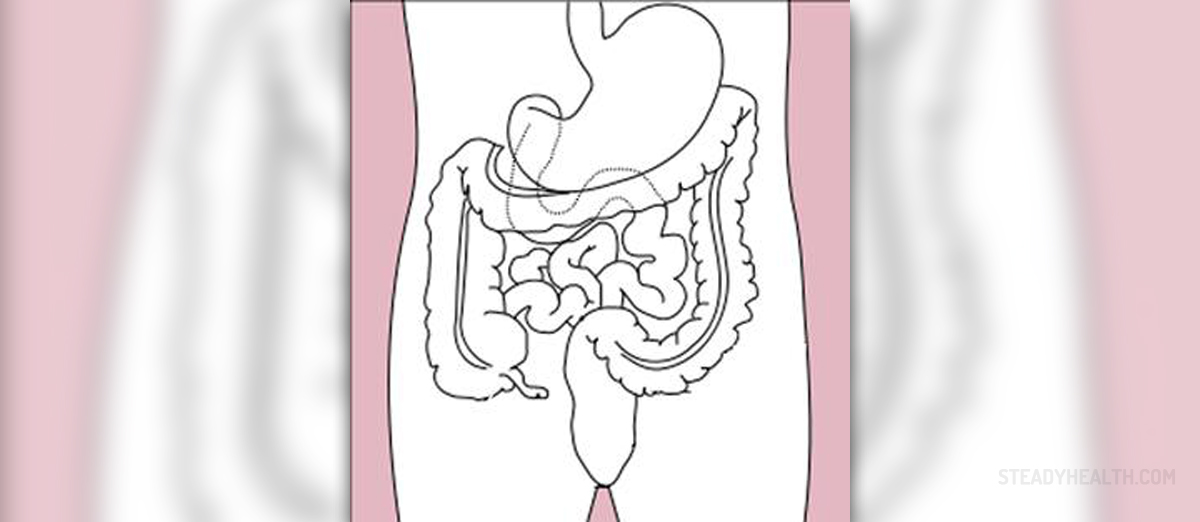
If one experiences stomach comfort for at least seven days per month, it may indicate that you are suffering from dyspepsia, or chronic indigestion. Dyspepsia can lead to bloating and, if the situation becomes chronic, the symptoms will gradually become worse over time. Causes
Chronic indigestion is normally a condition that exists by itself. Usually, there is no other underlying medical cause other than dyspepsia itself. Stomach discomfort not related to dyspepsia might be caused by inflammation of the esophagus, stomach cancer, peptic ulcers or excess consumption of alcohol, caffeine or spicy foods. Some medications might also cause stomach pain.
Some health problems that could be related to dyspepsia include adrenal insufficiency, constipation, diarrhea, diabetes, ischemic heart disease and vascular disease. Problems with absorption in the stomach can also lead to chronic indigestion.
Symptoms
If you are suffering from chronic indigestion, you might experience stomach tenderness, a full stomach immediately after you begin to eat, nausea, stomach swelling and heartburn. It is likely that you will feel pain in your stomach.
Prevention
First of all, you need to remain stress free in order to avoid dyspepsia. Try using techniques such as meditation and deep breathing to cope with stress. Try to stay away from the use of drugs and pharmaceuticals, and if necessary, make some changes to your diet. Eliminate spicy, fatty foods and strictly limit your alcohol consumption. Try to eat more small meals each day, as opposed to one large meal.
Be sure to ask your caregiver about the use of over the counter medicines, particularly with regard to side effects, benefits and dosage. Follow the recommended directions for any medication you do take. Treatment
As for medication, antacids, histamine antagonists and proton pump inhibitors might be used. If the condition is stress-related, you could be asked to undergo psychotherapy. This therapy will involve trying to find out the cause of your stress and thus eliminating it.
Another possible treatment is an upper gastrointestinal endoscopy. This involves the insertion of a tube into the digestive tract. A camera on the end of the tube will take pictures and thus identify the cause of the problems. Normally, this procedure will be performed if there is blood present in ones vomit.
When recovering from chronic indigestion, recovery time will depend on the severity of the condition as well as the success of treatment. Please note, also, that dyspepsia might continue even after treatment, as the condition can be quite stubborn.

















Your thoughts on this
Loading...